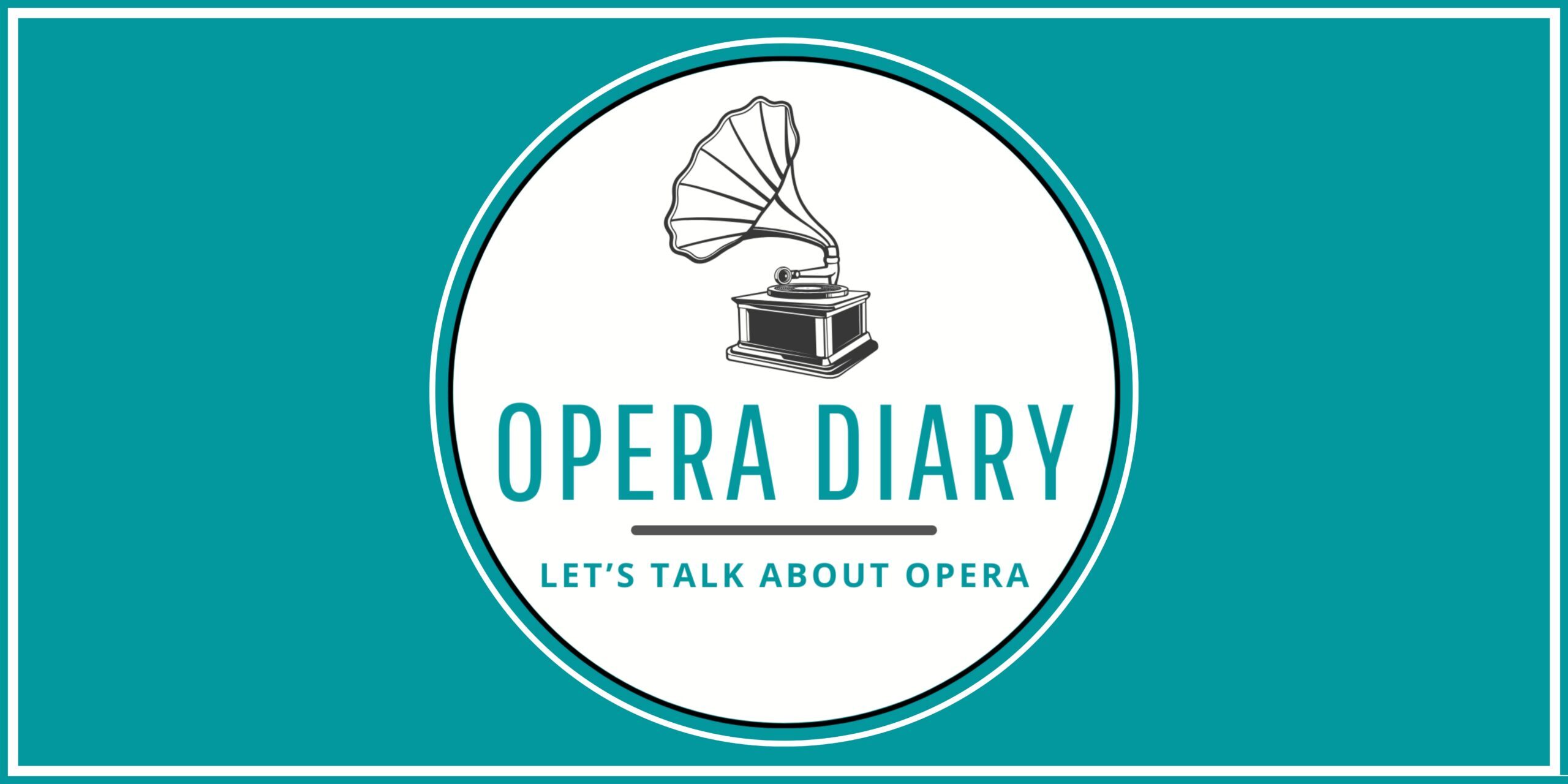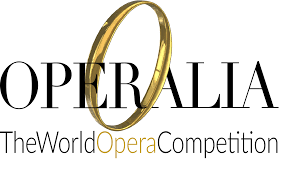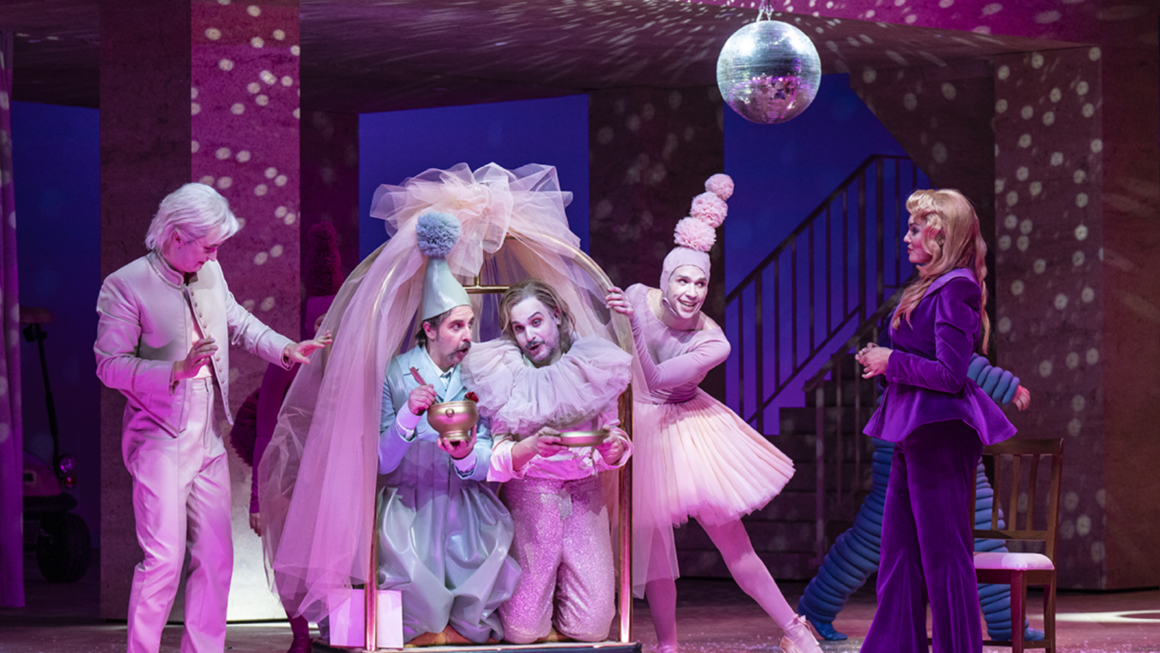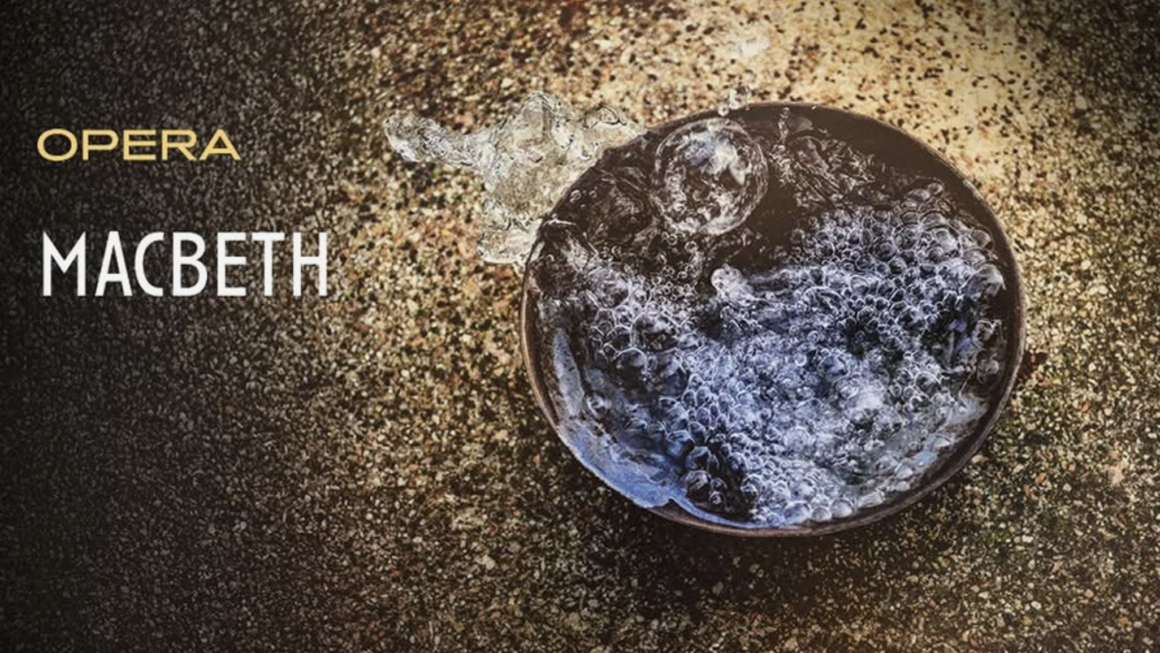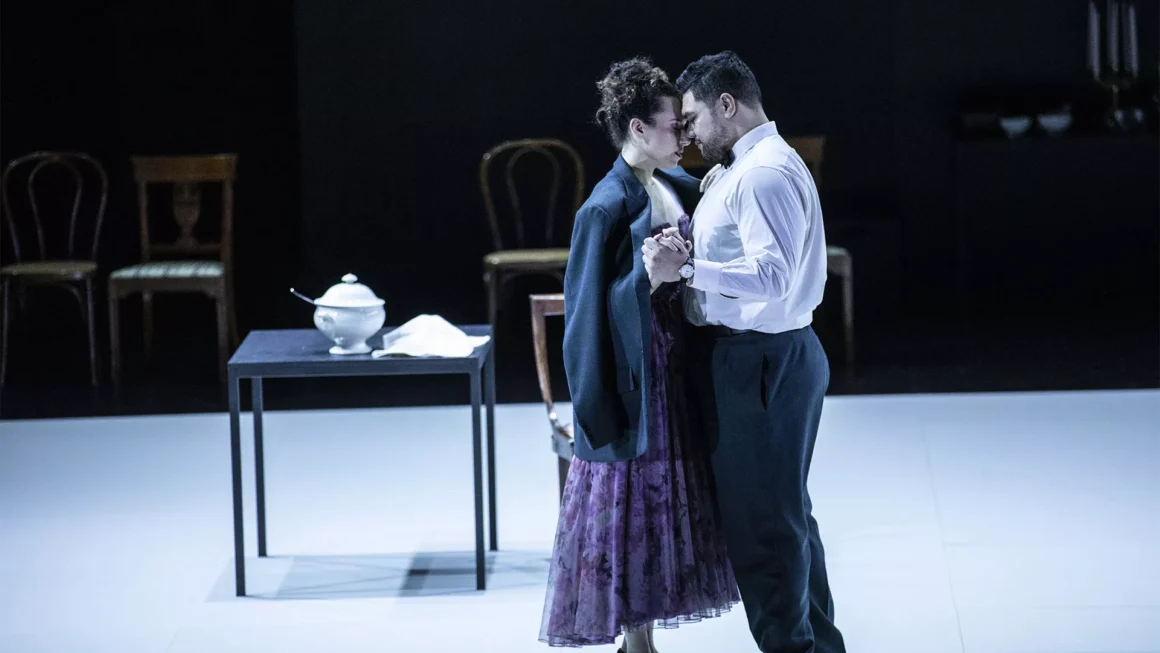Opera is more alive than ever. We never truly doubted it, but it’s refreshing—almost electrifying—to feel it so vividly. This year marks our first collaboration with Operalia, and what an initiation it was. Despite the stakes, the prizes, and the sheer number of competitors, two words rose above all else: Viva l’Opera. What follows is the account of a night suspended in time.
Sofia, 5:30 PM. Bulgaria Concert Hall.
The finals begin in thirty minutes. As is tradition, we arrive early to take the pulse of the room among a few early instrumentalists tuning up and curious onlookers quietly surveying the space. It’s in this moment of calm that the gravity of the evening settles in: by night’s end, a handful of young singers will see their names illuminated before the global operatic community, their careers poised for meteoric ascent.
6:00 PM.
After the customary speeches and acknowledgments, the concertmaster and Maestro Nayden Todorov take the stage to eager applause. One by one, eleven finalists will offer an aria of their choosing—each performance a distillation of months of preparation, days of competition, and years of training. In mere minutes, they must convince both audience and jury of their artistic maturity. It’s a process as cruel as it is exhilarating.
6:15 PM.
The first contestant, Grisha Martirosyan, strides onstage with confidence—and rightly so. His Largo al factotum is theatrical and virtuosic, earning thunderous applause. Natalie Lewis follows with the mezzo aria from La Favorita, her rich, powerful timbre weaving through fortissimo declamation and delicate coloratura with ease. Nathan Bowles presents Durch die Wälder from Der Freischütz, though the climactic moments lack a touch of brilliance—perhaps due to a slightly lagging orchestra. Similarly, William Thomas offers a warm, resonant Grimin from Eugene Onegin, deeply thoughtful and well-phrased, though the aria choice feels subdued for a competition finale. Samira Galimova’s Donna Anna (Don Giovanni) is fragile, sincere, and nuanced—refreshingly understated. Alexander Grassauer, in Die Frist ist um from Der fliegende Holländer, is tempestuous and commanding, though he falters slightly in the final stretch of this demanding aria. Still, his name is one to remember. Ekaterine Buachidze dazzles with a Cenerentola full of humor and bel canto finesse, her phrasing playful and tender. Then comes the shock of the evening: Mihai Damian unleashes Dagli immortali vertici (Attila) with staggering
vocal power and emotional depth. For nearly ten minutes, his voice floods the hall with ferocity and passion, never once sounding strained. This is no longer a young singer—it’s a fully formed Verdi baritone. Astonishing. Dave Monaco impresses with a nimble, tasteful Don Ramiro (La Cenerentola), his phrasing reminiscent of a young Juan Diego Flórez. Jasmin White stuns with an aria from Maometto II, her performance rich in color and conviction. Finally, Bo Wang closes the evening with a noble, wise Aleko, full of vocal warmth and gravitas.
8:15 PM.
Two hours vanish in a flash. The performances have flown by, leaving us breathless. But there’s no time to reflect—Maestro Plácido Domingo steps forward to conduct the four finalists competing for the Zarzuela Prize, awarded for excellence in Spanish-language repertoire. Galimova, Buachidze, Monaco, and Martirosyan each deliver spirited renditions of works by Torroba, Soutullo y Vert, and Chapi y Lorente.
9:00 PM.
After the traditional Operalia anthem sung by all finalists (joined by several semi- finalists), the most agonizing part begins: the wait. Conversations buzz among aficionados, professors, and industry insiders. Some smoke, others sip wine or nibble nervously—time now moves far slower than during the performances.
10:00 PM.
A ripple of excitement: the jury has reached its verdict. The audience rushes back to their seats as the panel ascends the stage. After formalities, Sonya Yoncheva, co-organizer and national icon, begins the acknowledgments, joined by Domingo. The tension is palpable.
10:15 PM.
The first awards are announced: Mihai Damian and Dave Monaco receive special prizes from the Bulgarian Ministry of Culture. The CulturArte Prize goes to William Thomas, while the Birgit Nilsson Prize for Wagnerian promise is awarded to Natalie Lewis and Alexander Grassauer. The Zarzuela Prizes are claimed by Buachidze and Martirosyan.
Now, the main prizes. Third place honors go to Samira Galimova and Dave Monaco, celebrating vocal agility. Second place is awarded to Natalie Lewis and Grisha Martirosyan, confirming the audience’s enthusiastic response. And finally, the top prize—along with the audience award and the traditional Rolex—goes to Ekaterine Buachidze and Mihai Damian. A total triumph.
11:00 PM.
We leave the hall with hearts full, ears ringing with glorious arias, and minds buoyed by optimism for opera’s future. What a night. Long live Operalia. Long live opera.
